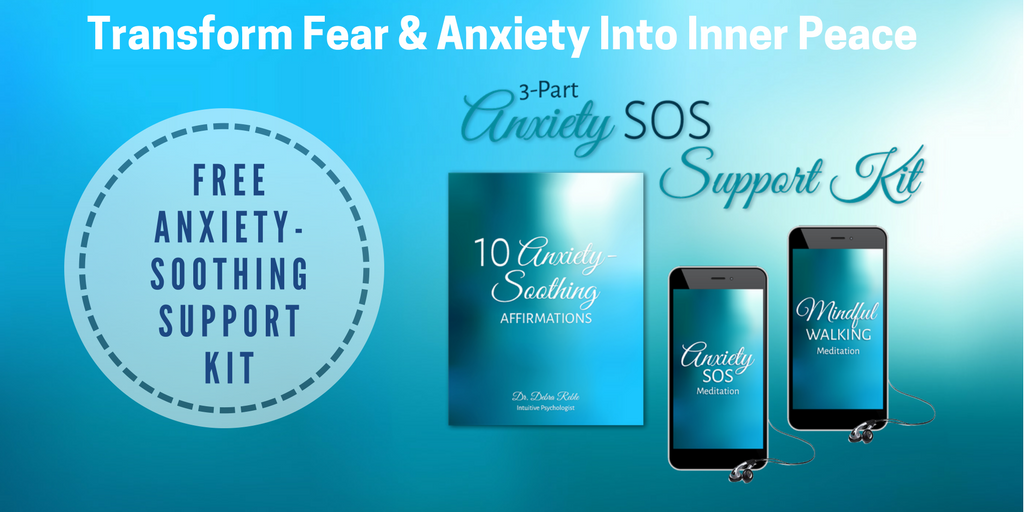 “Those that go searching for love only manifest their own lovelessness, and the loveless never find love, only the loving find love, and they never have to seek it.” – D. H. Lawrence
“Those that go searching for love only manifest their own lovelessness, and the loveless never find love, only the loving find love, and they never have to seek it.” – D. H. Lawrence
As psychoanalyst and philosopher Eric Fromm states in The Art of Loving, “What matters in relation to love is the faith in one’s own love; in its ability to produce love in others. We are only capable of knowing and caring for the other if we are also capable of understanding, caring, and knowing ourselves.” In other words, the most powerful way to attract and experience great love, is to embody it.
Being in relationship with another person requires us to first open our hearts and love ourselves without conditions. When we love ourselves, we become our own safe haven, where we feel free to fully express love and who we are. Opening our hearts so we can love ourselves without qualification is the foundation for developing a healthy, committed and mutually loving relationship with another person.
Difficulty with loving yourself directly impacts the thoughts and feelings you have, the choices you make, the relationships you select, and how you perceive and approach every life situation. Feelings that you are unlovable occur as a result of your heart disconnecting from your true being. When you close off your heart, you are more likely to take things to heart, and then blame or attack others-a reaction that follows because you have automatically assumed that you are unlovable or not good enough.
When you block the flow of unconditional love of yourself, you ultimately threaten the experience of this authentic love in your relationships. You may have witnessed couples giving each other a broken heart on a necklace as a symbol of their love. Although wearing this symbol may be endearing, it implies that the only way you can be complete is with your “missing half.” Since you cannot have a fulfilling relationship unless you feel complete in yourself, however, it is not surprising that many people even with their “other half” still feel incomplete.
In contrast, self-love leads to acceptance of the intrinsically spiritual nature of your being. Deeper than your patterns, identity or roles you play is your true being-your sense of oneness, aliveness and authentic relatedness. You can experience this aspect of “being” with a child, friend, partner, coworker, stranger, or even a dog by opening your heart, which allows pure love to flow through you. Through these soul-hearted connections with others, you can see that you are no longer separate but rather one in the collective flow of genuine love.


Love the DHLawrence observation….well, and the Fromm too.
The ‘how to’ angle: find the place in yourself where you look without looking? Where you’re available but relaxed? Where you let yourself be found as much as go finding? Where you neither over self-love (narcissism) nor are dependant on love (needy)?
Happy greetings across the pond
Te amo
Joe
Thanks Joe for the additional words of wisdom and a wonderful asset to this article. Blessings from this side of the pond. Debra